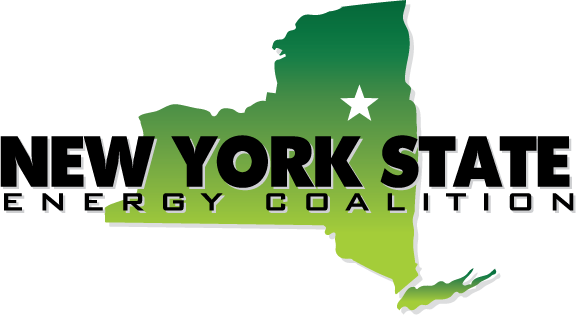 Go ahead, you can eat your French fries, and onion rings and fried chicken and doughnuts, and feel good about it, because the oil they were cooked in is going to be recycled and turned into clean, green biodiesel!
Go ahead, you can eat your French fries, and onion rings and fried chicken and doughnuts, and feel good about it, because the oil they were cooked in is going to be recycled and turned into clean, green biodiesel!
Fact is, used cooking oil from restaurants, fast food joints, and even homes like yours is recycled as a biodiesel feedstock. Net-Zero Heroes™ know that biodiesel is the green, renewable component of Bioheat® and biofuel that can be made from a lot of sources, called feedstocks. In addition to used cooking oil and tallow (animal fats), biodiesel is also made from soybean oil, inedible corn oil, and other vegetable and plant oils – and scientists are even working on ways to scale production of biodiesel from algae.
The benefits of Bioheat® fuel are immediate – you can use Bioheat® fuel in your existing heating oil boiler or furnace, without making any expensive modifications to your equipment. But even the most ardent Net-Zero Hero™ may not know these astounding facts and figures about biodiesel and Bioheat® fuel.
4.4 billion pounds: the amount of cooking oil collected each year to be turned into biodiesel.
10 billion pounds: total amount of oils and animal fats rendered as biodiesel or renewable diesel.
3 billion gallons: How much biodiesel the U.S. can produce in a year right now, with the near-term capacity to virtually double that in volume.
Approximately 160 gallons of traditional heating oil are replaced with renewable biodiesel when you use B20 Bioheat® fuel, and you cut your carbon dioxide emissions by 19-23 pounds for every gallon of traditional heating oil replaced.
80% of the U.S. soybean crop is crushed to product protein meal – feed for farm animals; the remaining 20% is extracted as soybean oil and used to produce biodiesel.
$40 per ton: because the biodiesel market adds more than $1.10 in value per bushel of soybeans, livestock producers’ animal feed costs are reduced by nearly $40 a ton.
$800: how much New Yorkers can save on new, higher efficiency boilers and furnaces and safe aboveground storage tanks with the Upgrade & Save NYC-LI rebate program.
0 Palm Oil: palm oil is not an advanced biofuel feedstock under the U.S. Renewable Fuel Standard and is not used in biodiesel or renewable diesel.
65,000 jobs are supported by the production of biodiesel and renewable biodiesel.
$17 billion is generated in economic activity by the industry.
0 by 2050: the home heating and liquid fuels industry has set a goal to be net-zero carbon emissions by 2050, delivering renewable liquid heating fuels to homes and businesses that once used traditional heating oil.
Want to learn more about Bioheat® fuel and how it is reducing emissions, right here and right now? Visit todaysbioheat.com or contact your local heating fuel provider.


